What Essential Oils are Good for the Vagus Nerve?
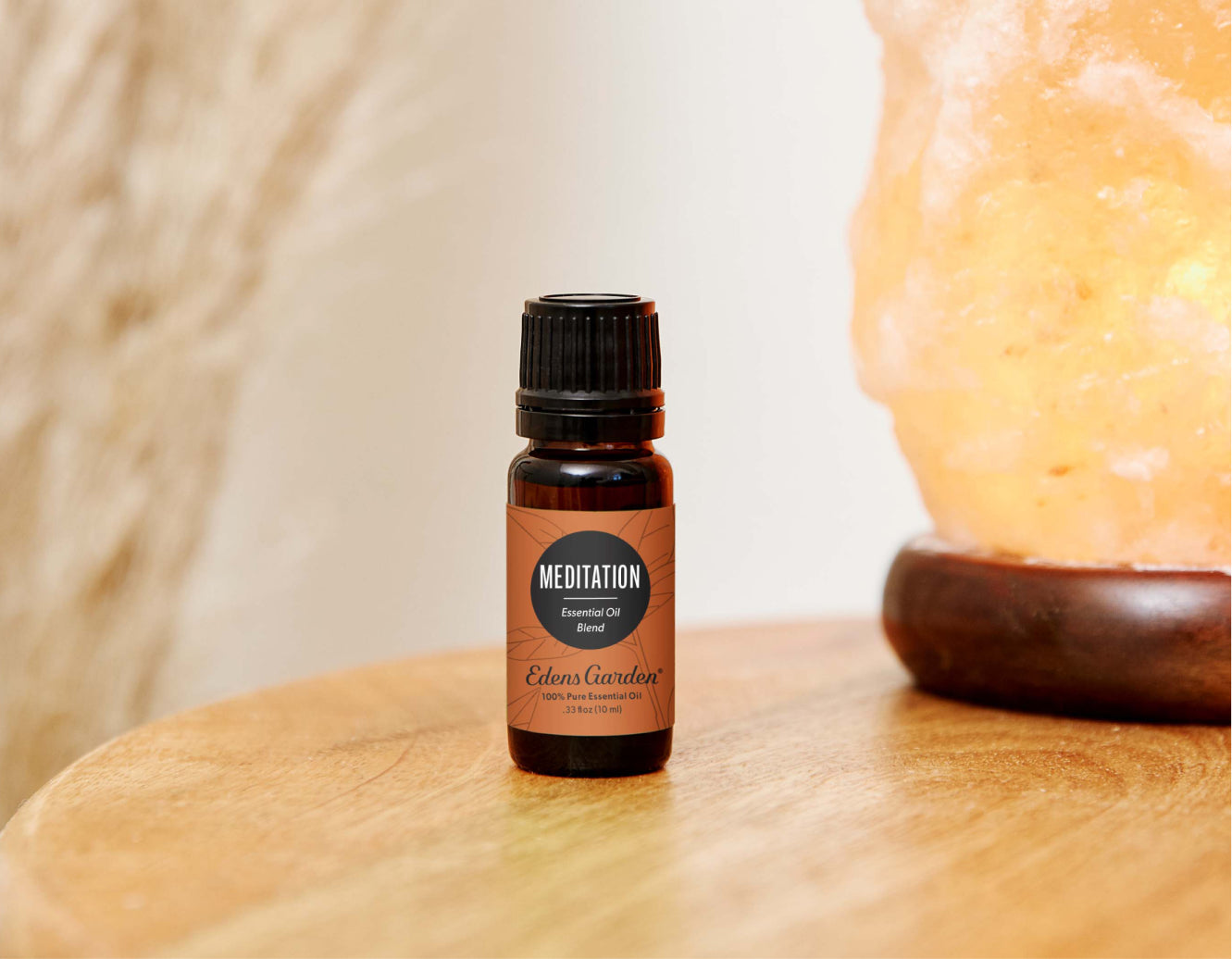
Recently, biohackers, doctors and wellness advocates alike have been looking to the vagus nerve as a means of reducing stress, stopping PTSD, assisting with digestion, immunity and more. Many believe it to be a link to better health and wellness.
So what exactly is the vagus nerve and what role do essential oils play in assisting it? Read on to learn more.
What Is The Vagus Nerve?
Before we begin our deep dive into essential oils for the vagus nerve, you may have some questions about what the vagus nerve is. Here are some frequently asked questions about the vagus nerve.
WHAT DOES THE VAGUS NERVE DO?
The vagus nerve is the primary nerve in the parasympathetic nervous system, which regulates bodily functions such as mood, immunity, digestion and heart rate. It is also a part of what’s known as the “gut-brain axis” which sends signals to and from the digestive system and the brain.
New treatments that modulate the brain-gut axis, such as vagus nerve stimulation, are said to assist with inflammation such as irritable bowel syndrome (IBS) and mood disorders. Healthcare practitioners believe that for these reasons and more, the vagus nerve is a target for better health and wellness.[1]
WHERE IS THE VAGUS NERVE?
The vagus nerve is the longest cranial nerve that extends from the brainstem through the neck and thorax down through the abdomen. There are two ways the vagus nerve is accessed for vagus nerve stimulation.
- Surgical implantation of a pulse generator attached directly to the vagus nerve
- Non-surgical attachment of a pulse generator to the ears via ear clips
How To Stimulate The Vagus Nerve
Like many bodily functions, over time, your vagus nerve’s ability and function can decline. This can lead to low vagal tone which causes negative effects such as high blood pressure, heart disease, depression and anxiety.
Vagus nerve stimulation is believed to promote a healthy vagus nerve and help regulate the parasympathetic state. This therapy is most commonly used to treat epilepsy and depression, but its potential to cure other disorders is expansive.[2]
As previously mentioned, two common and fast ways doctors stimulate the vagus nerve is through surgical implantation of a pulse generator and by attaching ear clips that generate a pulse to the ears.
However, there are other ways one can stimulate the vagus nerve at home and without special equipment.
What Essential Oils Are Good For The Vagus Nerve?
Now that we have a better understanding of the vagus nerve, let’s look at some natural ways you can encourage better vagus nerve activity and which essential oils can help.
EXERCISE
We know that a good exercise routine can boost health in several ways, but did you know that it also activates the vagus nerve?
- A research study asked a group of men to perform moderate cycling exercises. The study recorded the vagus nerve activity of the men before and after the exercises. Doctors concluded that moderate exercise stimulates vagus nerve activity and the autonomic nervous system.[3]
If you’re looking to stimulate the vagus nerve with exercise, essential oils can help. Reach for oils like Peppermint and Sweet Orange to boost your workout. For best use, add either oil to a Mio Mist diffuser and take it with you to the gym for a revitalizing pick-me-up.
MEDITATION
As many experienced meditators know, meditation has a lot to do with breathwork. Practicing meditation has a lot in common with respiratory vagal nerve stimulation (rVNS).
- A research study investigated the benefits of a variety of breathwork techniques, including those found in meditation. They concluded that many of these techniques work by stimulating the vagus nerve and help to promote better cardiopulmonary health, anti-inflammation, lower stress, improved cognitive performance and more.[4]
Essential oils that help to boost breathwork and meditation include:
- Breathe In, Breathe Out blend
- Deep Breath blend
- Meditation blend
- Relaxation blend
Add 10-15 drops of your chosen essential oil to a diffuser as you practice meditation, yoga or breathwork.
ICE BATH
Cold water immersion therapies have grown in popularity due to an abundance of research showing that they can help to reduce stress, due to their effect on the vagus nerve.
- A randomized study observed the effects of cold stimulation on the vagus nerves of its participants. Doctors placed a cold thermode on the neck, check and forearms of participants while heart rate variability was measured. The study concluded by suggesting cold stimulation increases vagal activation.[5]
Create a vagus nerve bath oil by combining the following:
- 1 oz Jojoba
- 2 drops Ylang Ylang (Cananga odorata)
- 2 drops Roman Chamomile (Anthemis nobilis)
Add your bath oil to a cold water bath and soak for as long as you can stand it, but no longer than 15 minutes. Note, the bath may be slippery when entering and exiting.
MASSAGE
Perhaps our favorite way to stimulate the vagus nerve is through reflexology.
- Foot reflexology was performed on patients with coronary artery disease. Various vital signs were monitored before and multiple times during the experiment. Doctors observed a higher vagal modulation, lower blood pressure and sympathetic modulation in those that received foot reflexology, and concluded that this was a promising therapy to increase vagal modulation.[6]
Essential oils that assist with massage and reflexology include:
- Massage Therapy blend
- Sore Muscles & Pain Ease blend
- Muscle Relief blend
- Healing Massage blend
Alternatively, you can create your own vagus nerve essential oil blend by combining the following:
- 5 drops Bergamot oil
- 5 drops Sweet Orange oil
- 4 drops Lavender oil
- 4 drops Clary Sage oil
- 1 oz Fractionated Coconut oil
For best results, we recommend working with a Massage Therapist or Reflexologist.
SOURCES:
- Vagus Nerve as Modulator of the Brain–Gut Axis in Psychiatric and Inflammatory Disorders. https://www.ncbi.nlm.nih.gov/pmc/articles/PMC5859128/
- 5 Ways To Stimulate Your Vagus Nerve. https://health.clevelandclinic.org/vagus-nerve-stimulation/
- Effectiveness of Moderate Intensity Interval Training as an Index of Autonomic Nervous Activity. https://www.ncbi.nlm.nih.gov/pmc/articles/PMC5121464/
- Breath of Life: The Respiratory Vagal Stimulation Model of Contemplative Activity. https://www.ncbi.nlm.nih.gov/pmc/articles/PMC6189422/
- Effects of Cold Stimulation on Cardiac-Vagal Activation in Healthy Participants: Randomized Controlled Trial. https://www.ncbi.nlm.nih.gov/pmc/articles/PMC6334714/
- Foot reflexology can increase vagal modulation, decrease sympathetic modulation, and lower blood pressure in healthy subjects and patients with coronary artery disease. https://pubmed.ncbi.nlm.nih.gov/22314629/
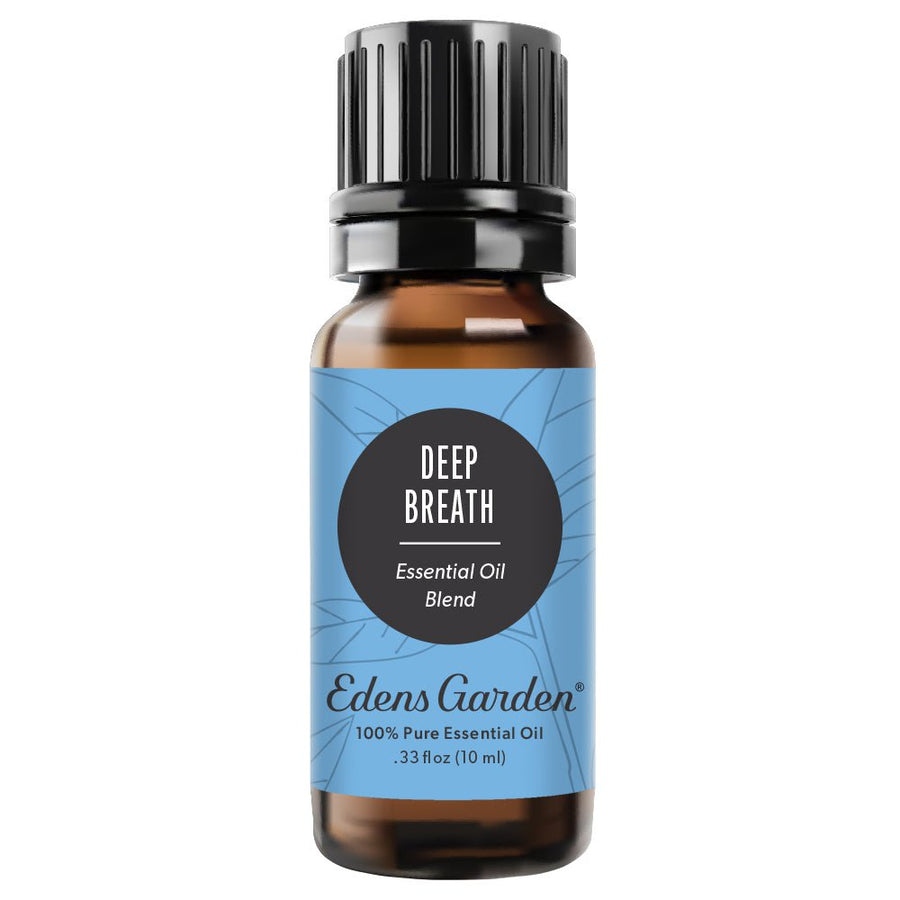
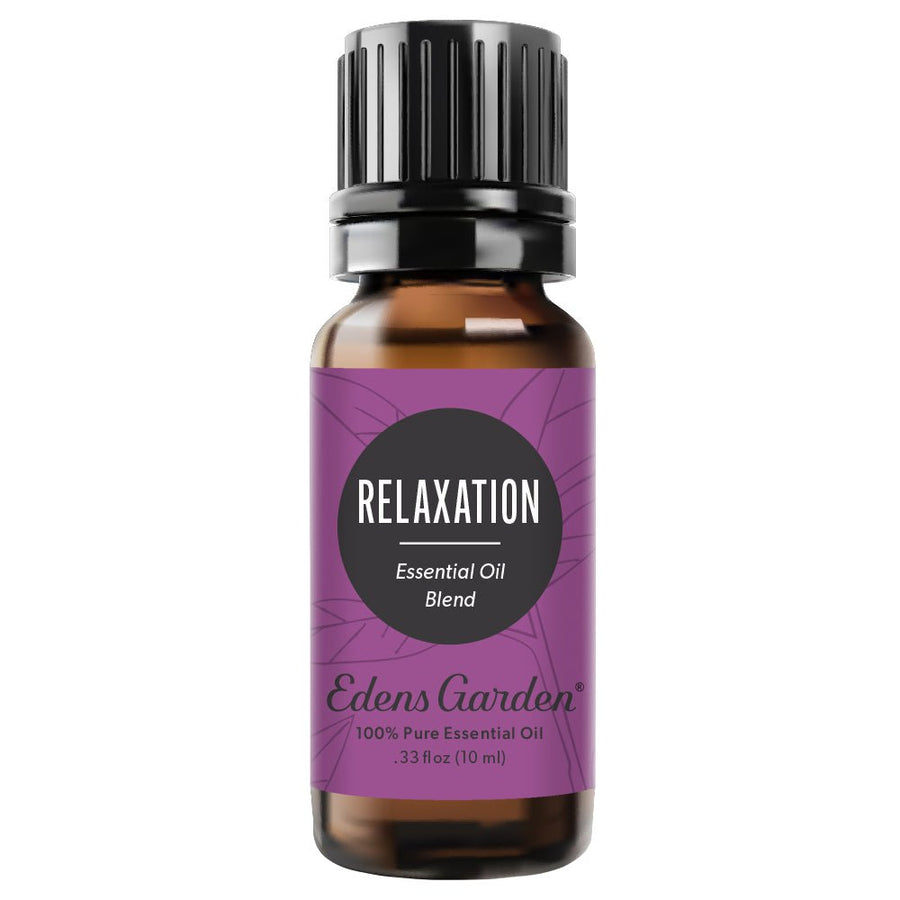
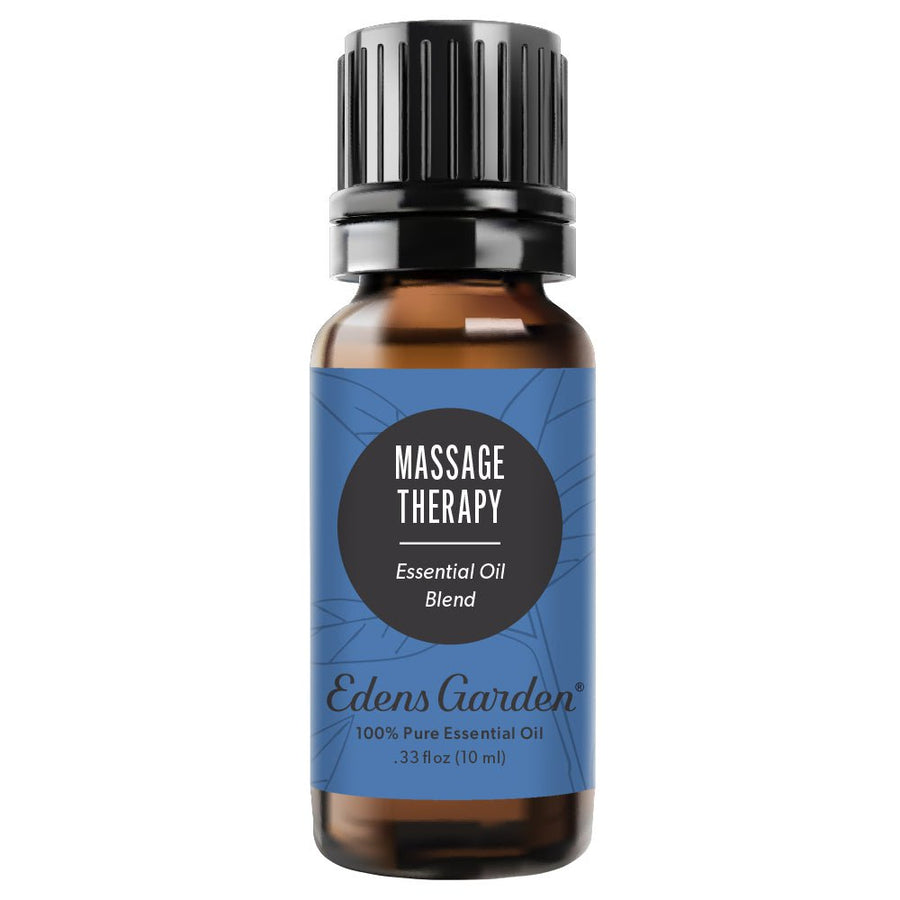
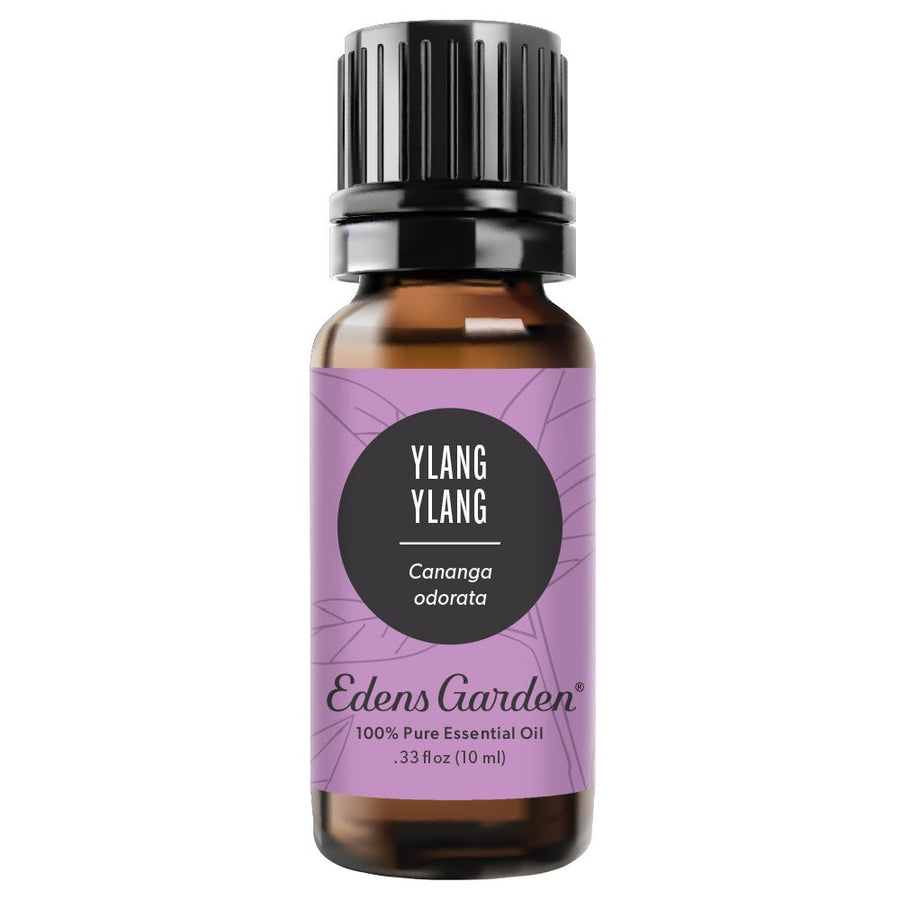
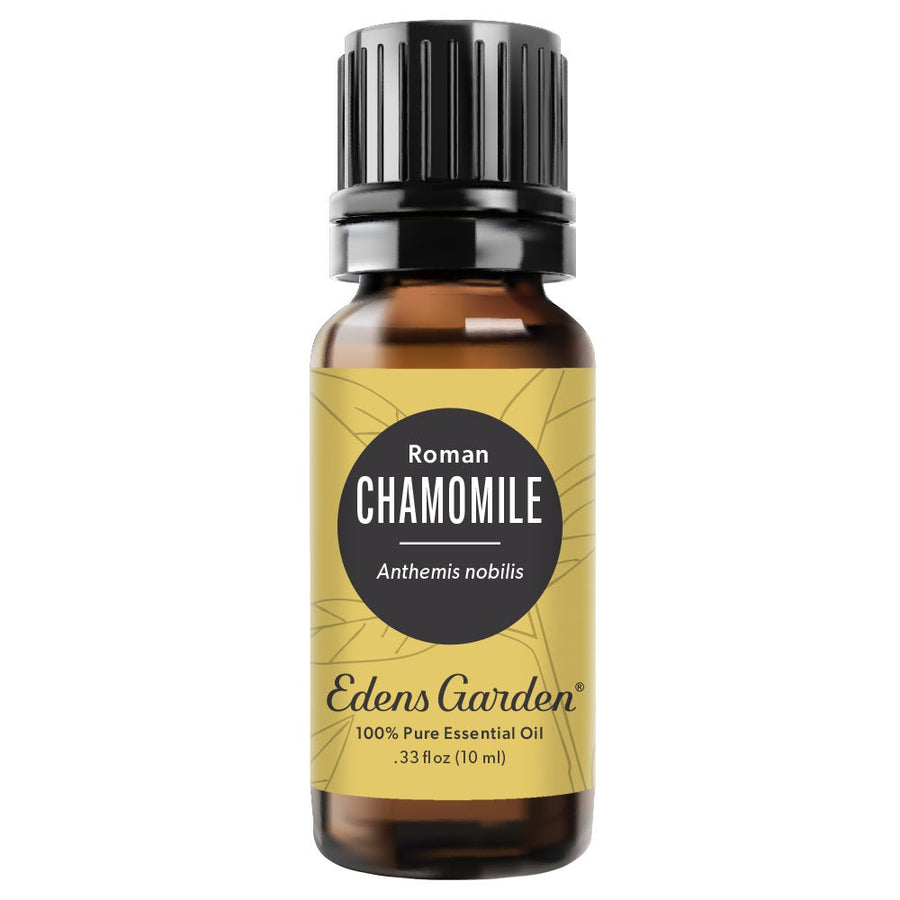
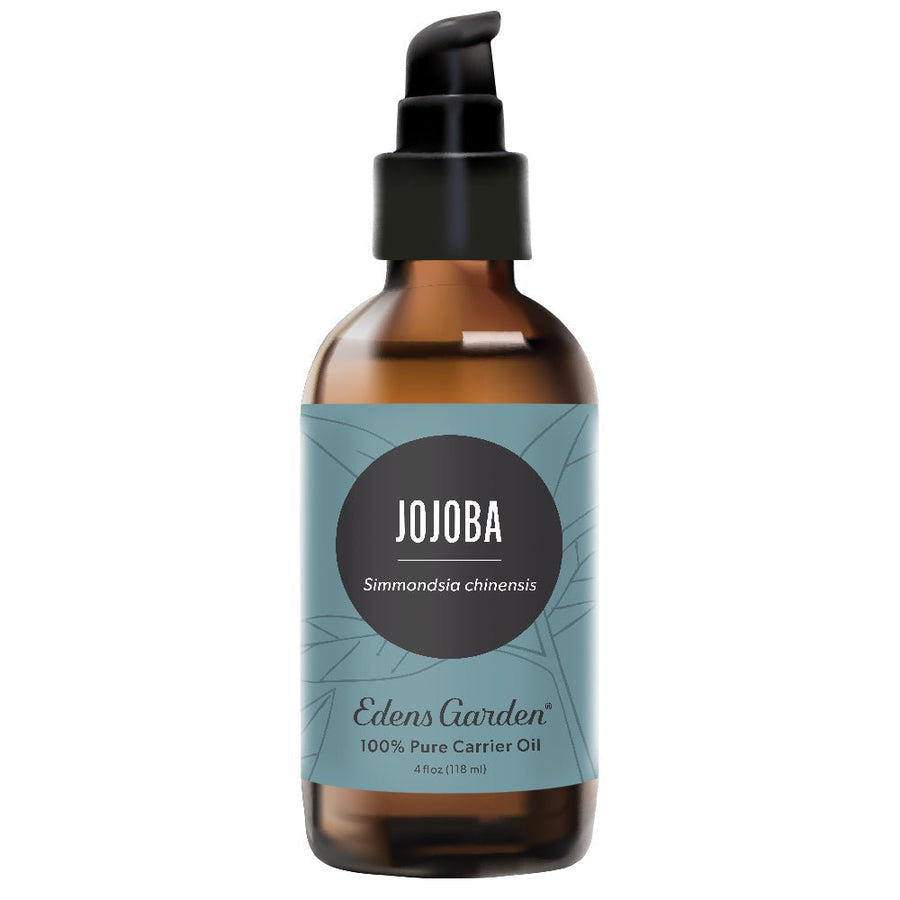




Leave a comment (Comments will be approved before showing up)